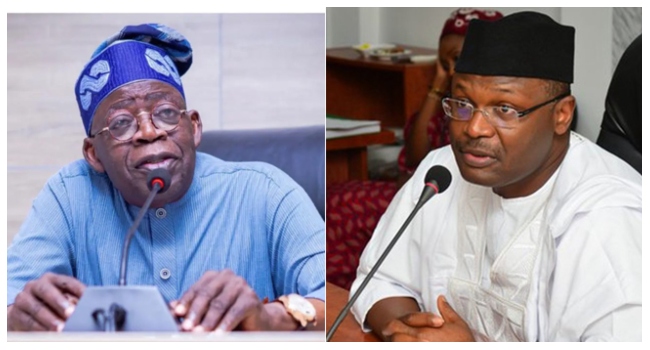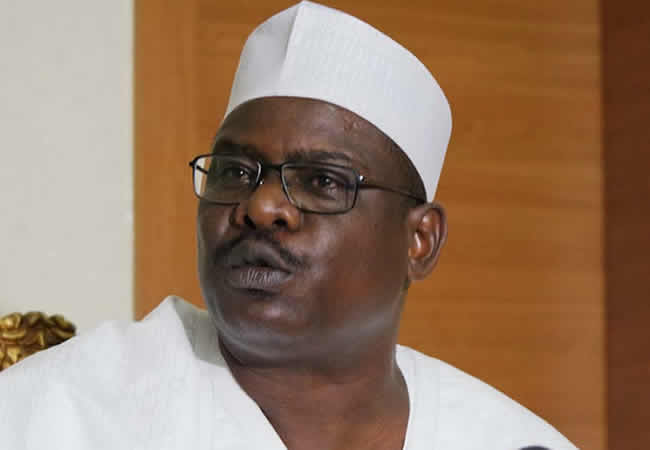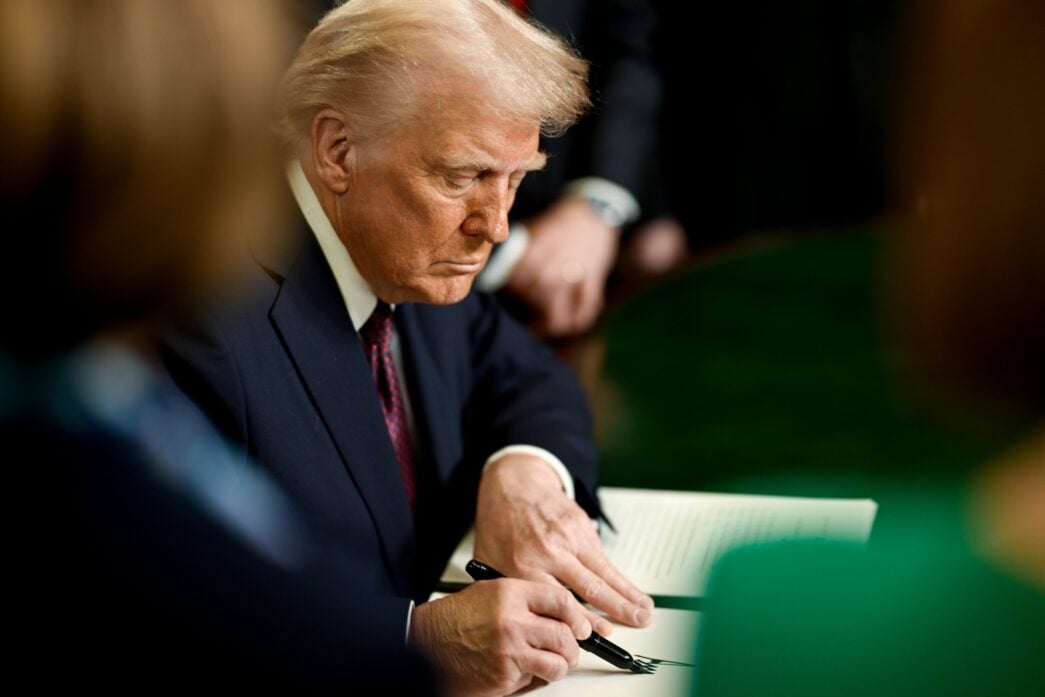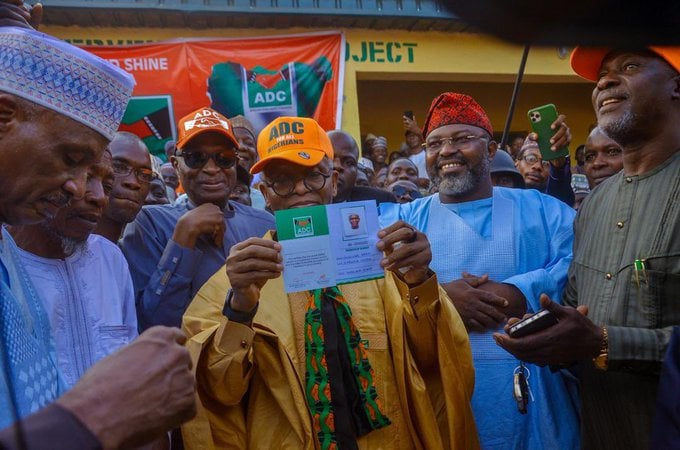Peter Obi, former presidential candidate and leader of the Labour Party, has raised fresh concerns over Nigeria’s deteriorating education system, describing the situation as a national emergency and pressing for a renewed national commitment to education as the foundation of development.
In a statement shared via his verified X (formerly Twitter) account on Thursday, Obi pointed to alarming data recently released by the Universal Basic Education Commission (UBEC), which revealed that over 20 million children in Nigeria are currently out of school, while many of those enrolled are not acquiring basic literacy and numeracy skills.
He noted that these troubling statistics were further reinforced by the West African Examinations Council (WAEC), which reported that only 38% of students passed the 2025 West African Senior School Certificate Examination (WASSCE), the poorest performance recorded in the last five years.
Obi criticized what he described as a misalignment in national priorities, accusing governments of spending trillions of naira on infrastructure projects and renovations, many of which, he argued, have little or no impact on measurable development outcomes, while education continues to suffer neglect.
According to him, this misplaced focus on physical projects over human development has contributed significantly to the decline in educational standards, with many schools lacking proper facilities, adequate funding, or even basic teaching staff.
Reiterating education’s role as the most strategic investment any nation can make, Obi urged both the federal and state governments to urgently shift their focus toward developing Nigeria’s human capital. He advocated for the establishment of quality, functional schools and called for equitable access to learning opportunities for all children.
“Our children deserve classrooms, not abandoned projects,” Obi stated, warning that “a nation that fails to invest in its young people is ultimately sabotaging its own future.”
His comments come at a time when public dissatisfaction with Nigeria’s education system is on the rise. The UBEC’s recent findings painted a grim picture, not only of the millions of children excluded from schooling, but also of the widespread learning poverty among those currently enrolled, often referred to as “schooling without learning.”












